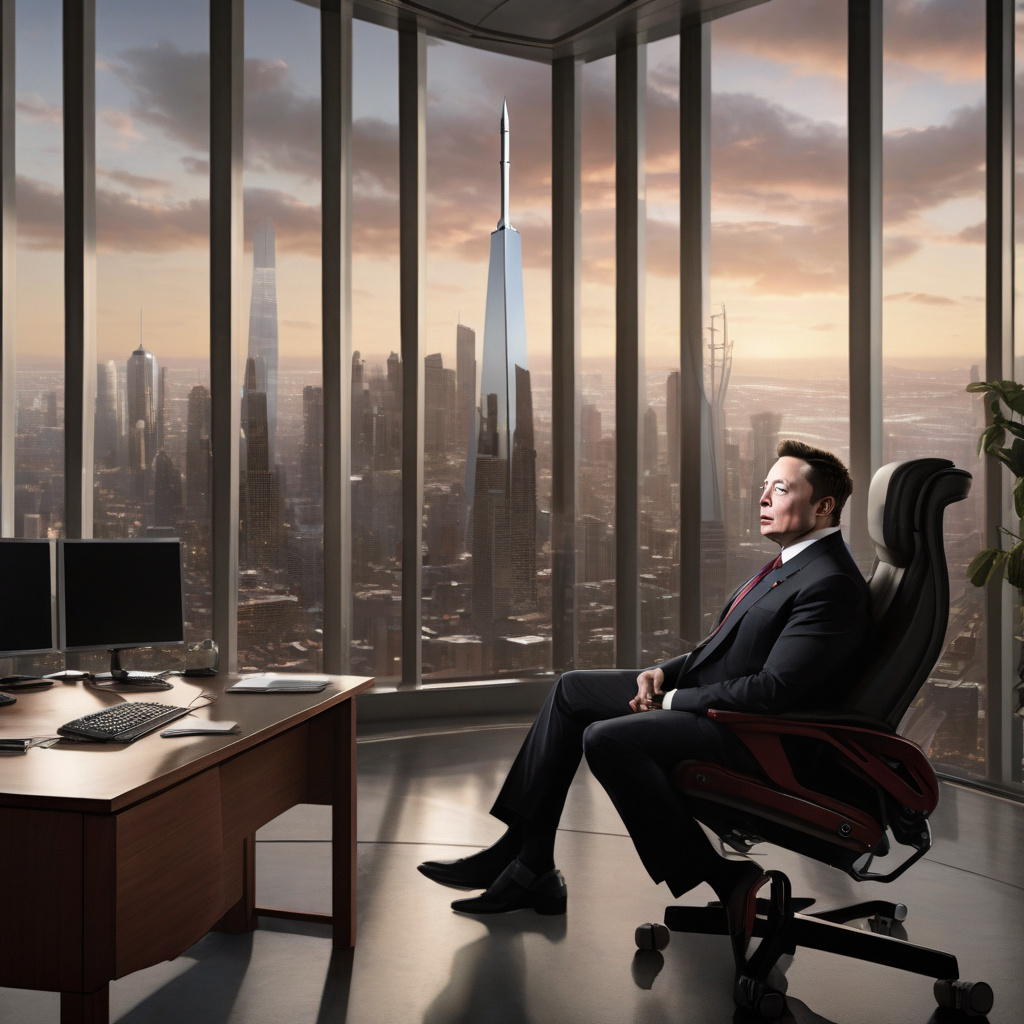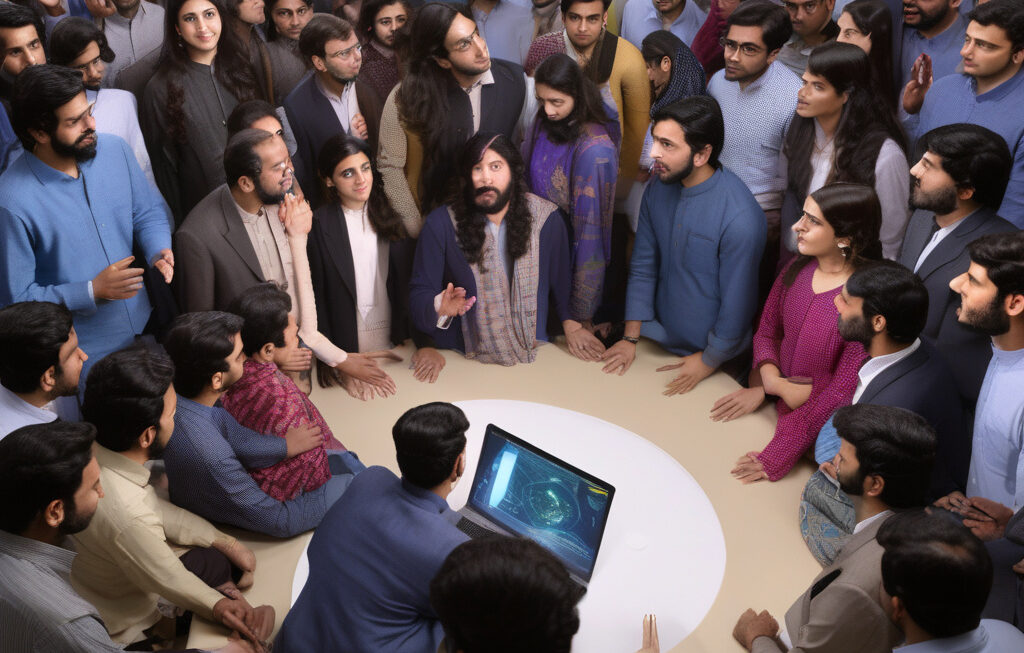Elon Musk, the enigmatic billionaire and tech mogul, is once again in the spotlight, this time for his company SpaceX’s recent $2.4 billion contract with the Federal Aviation Administration (FAA) to provide broadband internet to underserved areas. While Musk’s ambitious projects have often garnered praise and admiration, this latest development has raised eyebrows and sparked concerns among lawmakers and industry experts.
Senators have pointed out that Musk’s close ties to the FAA, as well as his track record of securing lucrative government contracts without competitive bidding, could potentially undermine the principles of fair competition and transparency. The concern is that Musk’s involvement in the FAA contract could set a dangerous precedent, allowing powerful companies to bypass standard procurement procedures and gain an unfair advantage in the marketplace.
This is not the first time Musk has come under scrutiny for his business practices. His company Tesla has faced criticism for its handling of vehicle recalls and safety issues, while SpaceX has been accused of receiving preferential treatment from government agencies. Musk’s larger-than-life persona and his reputation as a disruptor in multiple industries have often shielded him from significant consequences. Still, as his influence and reach continue to grow, so too does the scrutiny and skepticism surrounding his actions.
The debate over Musk’s FAA contract highlights broader concerns about the intersection of big tech, government, and competition. As technology companies expand into new sectors and become increasingly intertwined with government agencies, questions about accountability, fairness, and market integrity become more pressing. The case of Musk and SpaceX serves as a cautionary tale about the potential pitfalls of unchecked power and influence in the modern economy.
While Musk’s supporters argue that his visionary leadership and innovative spirit are driving progress and pushing the boundaries of what is possible, critics warn that unchecked consolidation of power in the hands of a few tech titans could stifle competition, limit consumer choice, and erode democratic values. The balance between fostering innovation and ensuring a level playing field for all market participants is delicate and requires vigilant oversight and regulation.
As lawmakers continue to investigate Musk’s FAA contract and evaluate the broader implications for competition and procurement practices, the outcome of this case could have far-reaching consequences for the tech industry and beyond. Whether Musk will be held accountable for any potential violations of competitive bidding rules remains to be seen, but one thing is clear: the era of tech giants operating with impunity may be coming to an end.
In a rapidly changing landscape where technology and business intersect, the Musk saga serves as a reminder that no individual or company is above scrutiny or immune to the consequences of their actions. As society grapples with the challenges and opportunities presented by the digital age, the case of Elon Musk and the $2.4 billion FAA contract stands as a pivotal moment in the ongoing debate about power, accountability, and the future of innovation.
Elon Musk’s latest controversy over the FAA contract underscores the need for transparency, fairness, and competition in the tech industry and beyond. As lawmakers and industry stakeholders continue to investigate, the outcome of this case could shape the future of procurement practices and regulatory oversight in an increasingly interconnected and complex world.
Elon Musk, FAA, SpaceX, competition, innovation












